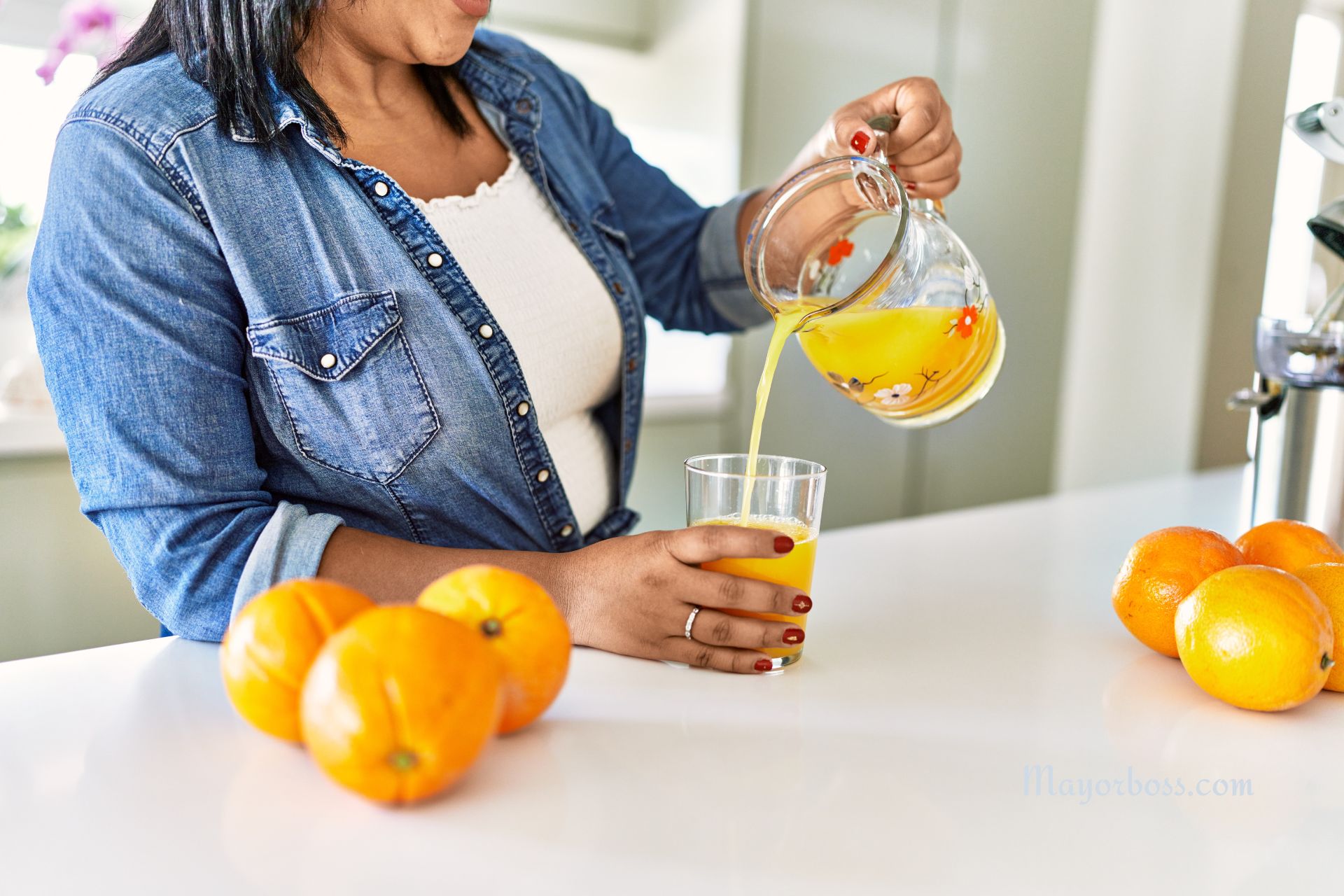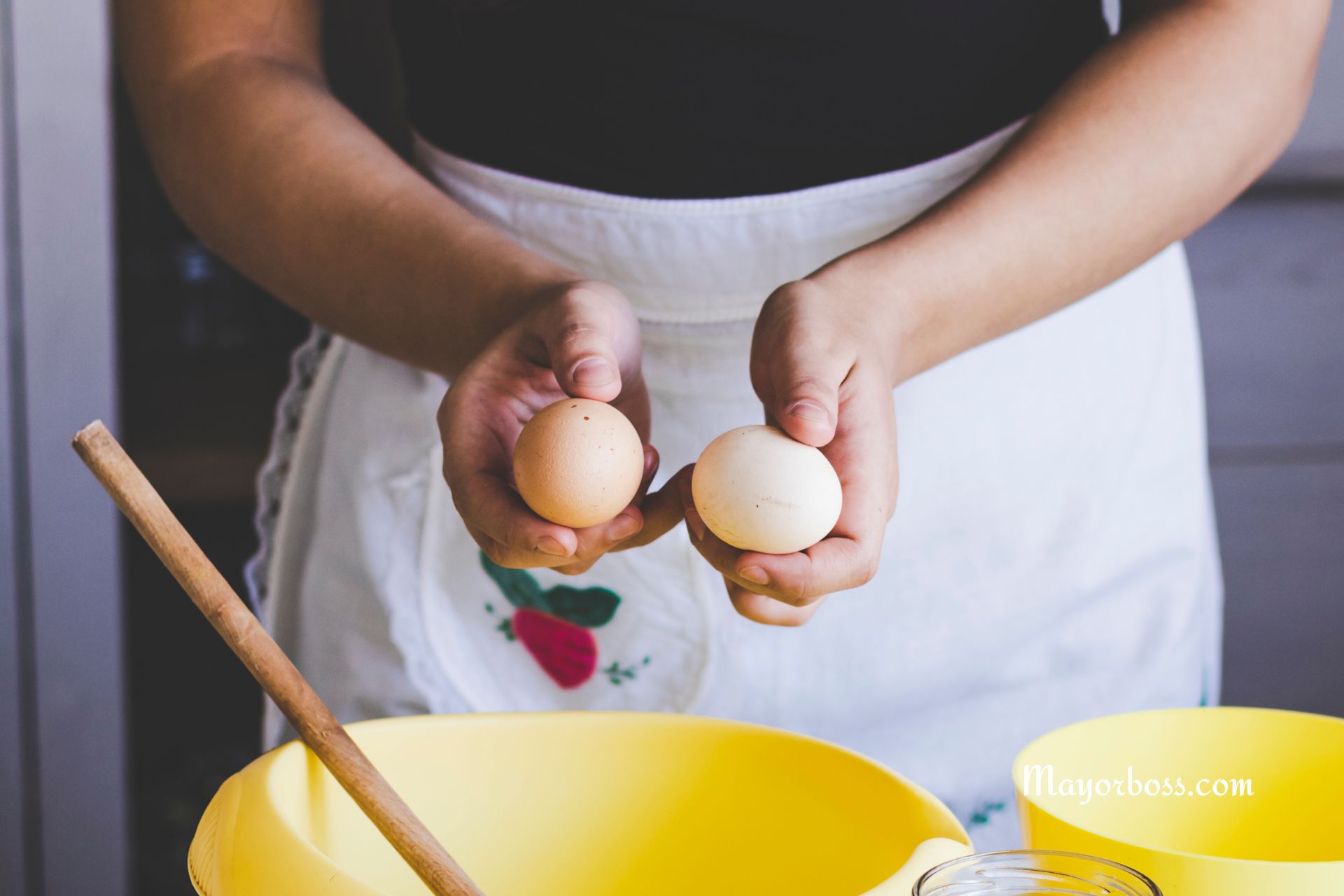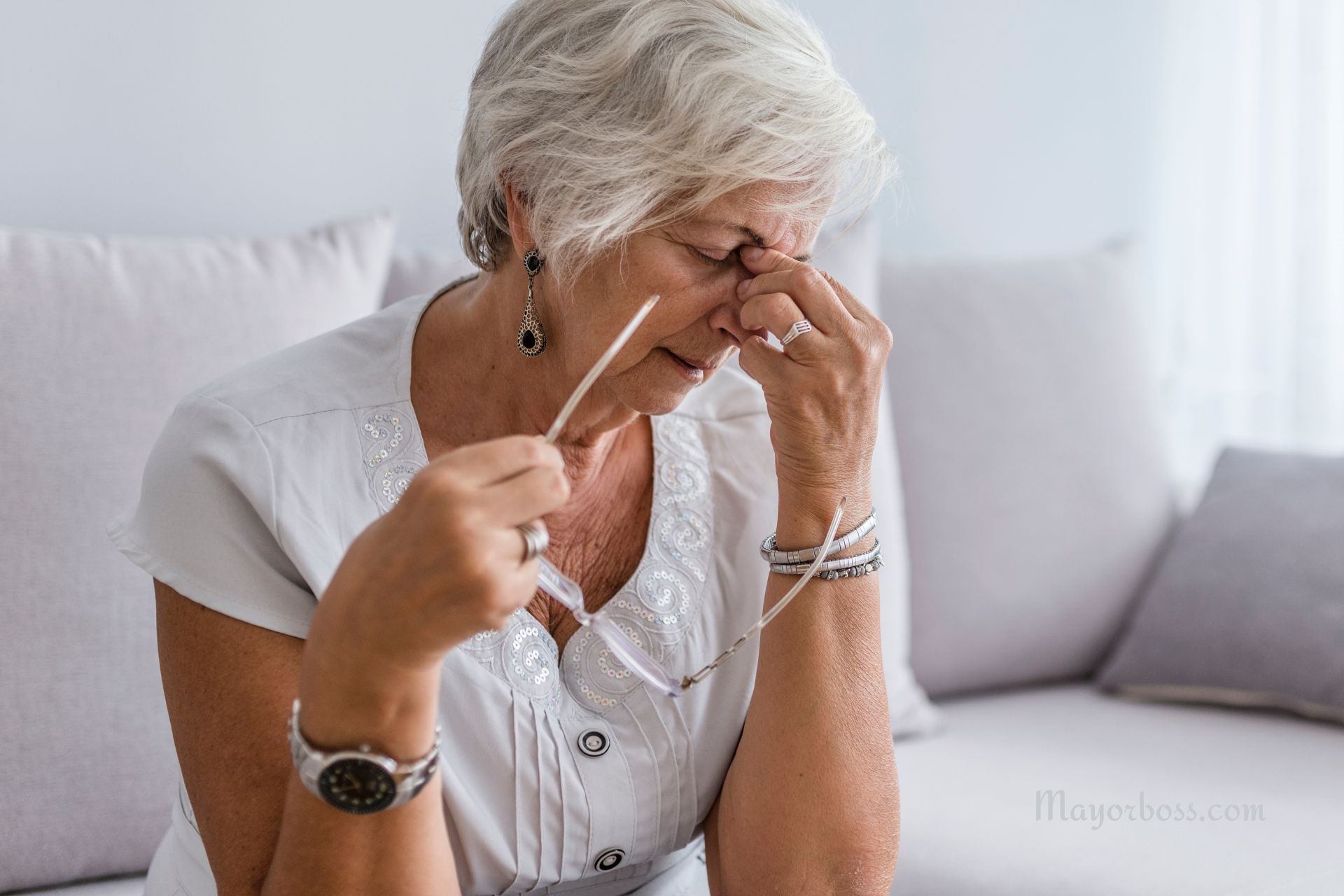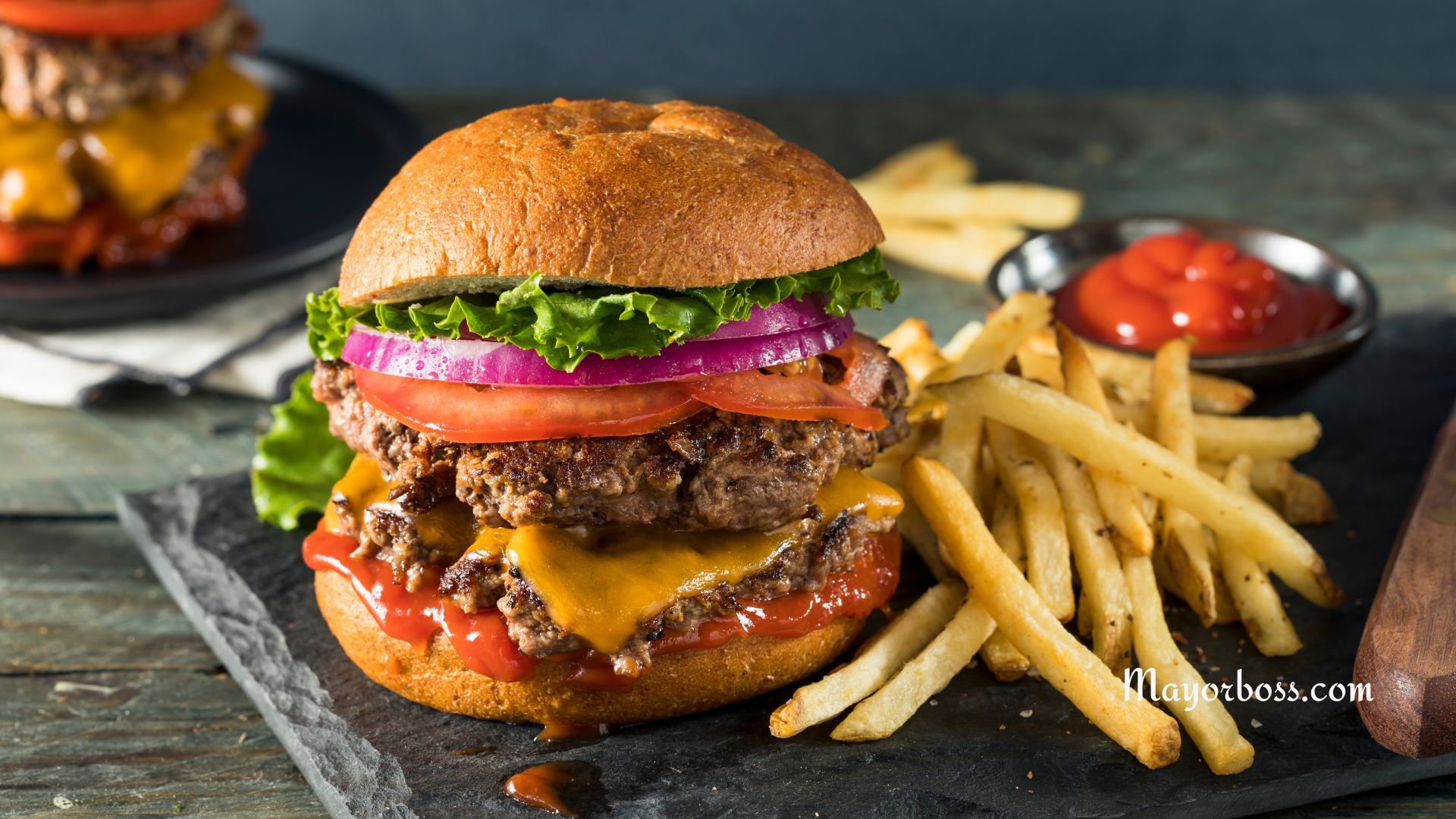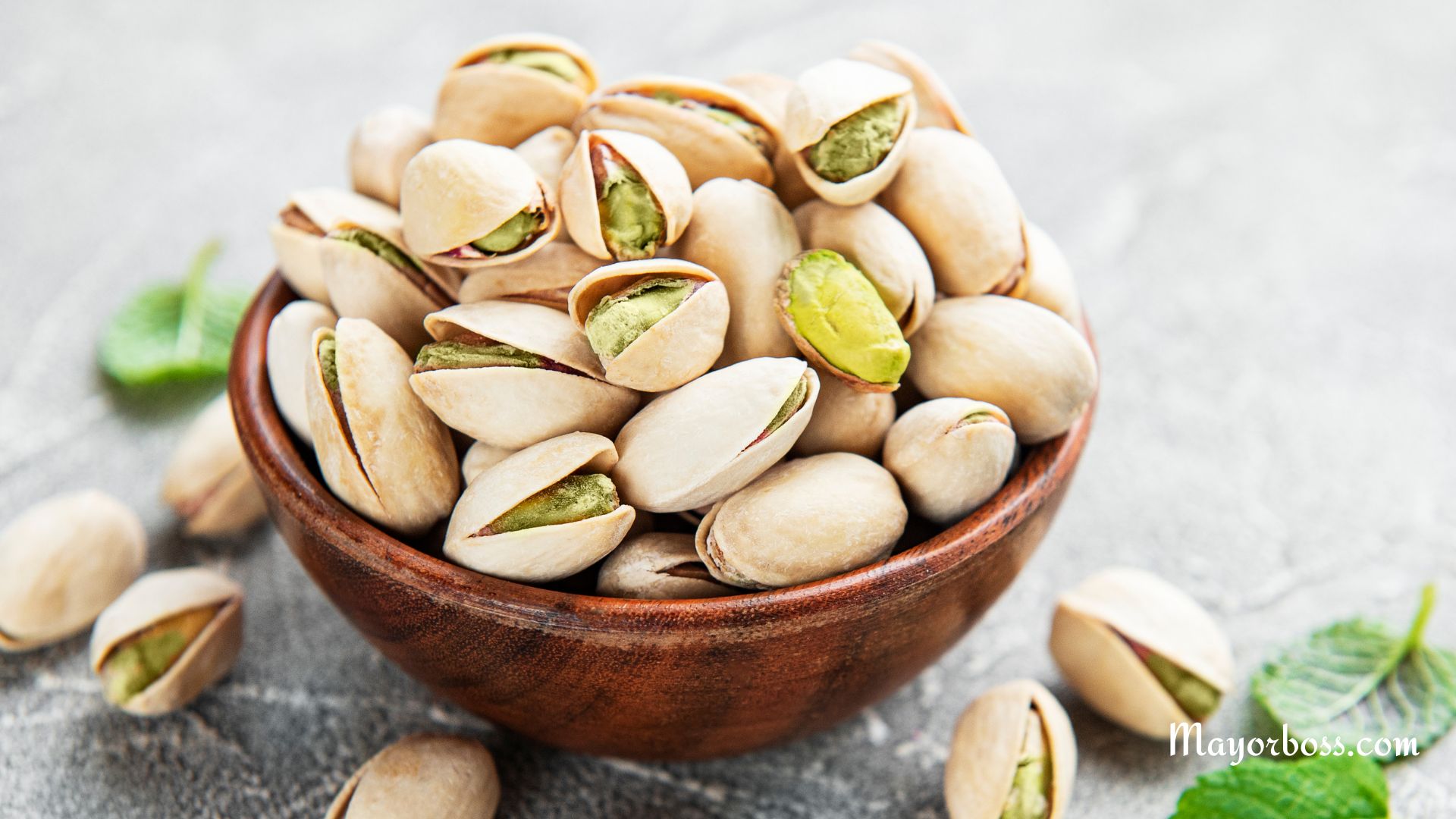Why You Need to Wash Blueberries and How to Do it Properly
Yes, you should always wash blueberries before eating them to remove dirt, bacteria, and pesticide residues. Rinse them gently under cool running water, then let them dry on a clean towel. Avoid soaking or washing until you’re ready to eat or use them, as extra moisture can cause mold.
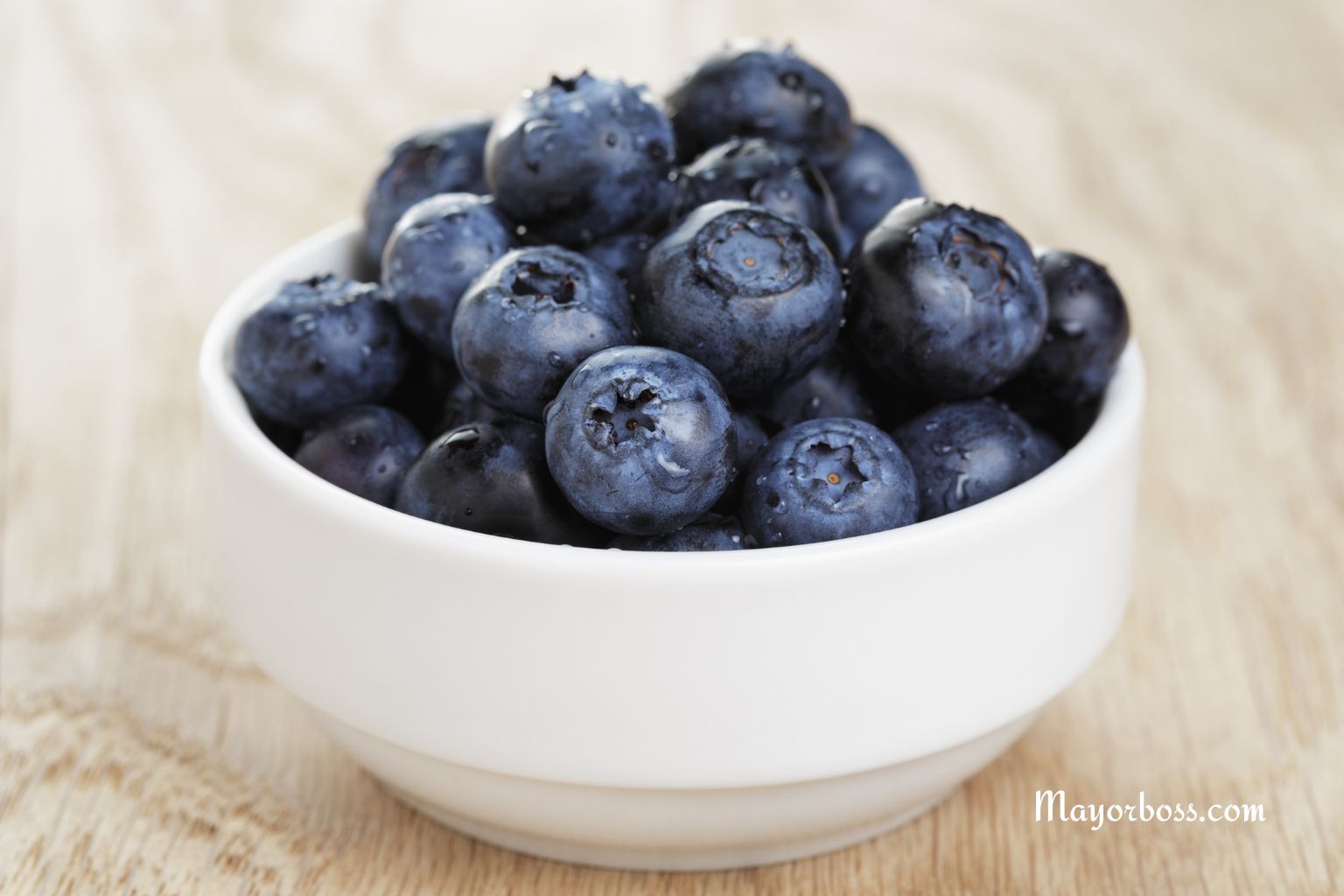
Why It’s Important to Wash Blueberries
Blueberries are delicious and packed with nutrients. However, it’s easy to forget that they need to be washed before you eat them. You might look at a fresh, plump blueberry and think it’s clean. But even when they look perfect, blueberries can still carry unwanted substances.
First, most blueberries are grown outdoors. They are exposed to dust, dirt, and insects. Rain doesn’t wash away everything. Even if your blueberries are organic, natural fertilizers and animal droppings can be present on the fruit.
Next, commercial blueberries often come with pesticide residues. Farmers use pesticides to protect their crops from bugs and diseases. After harvest, a light coating of these chemicals can remain on the surface.
Finally, blueberries go through many hands before reaching your kitchen. From picking, packing, and shipping to sorting at the grocery store, bacteria can easily travel with them. Washing them helps lower your risk of eating harmful germs.
What Can Happen If You Don’t Wash Blueberries?
If you skip washing, you might eat more than just berries. Small amounts of dirt, bacteria, or pesticides can end up in your mouth. While the risk of illness is low, eating unwashed produce may lead to foodborne illness. Symptoms may include nausea, vomiting, stomach pain, or diarrhea. Children, pregnant women, older adults, and people with weakened immune systems are most at risk.
Sometimes, unwashed berries have mold spores you can’t see. Mold can cause allergic reactions or worsen breathing problems for sensitive people. Washing blueberries helps remove many of these hidden risks.1
When Should You Wash Blueberries?
You might feel tempted to wash all your blueberries as soon as you bring them home. However, this can cause them to spoil faster. Blueberries have a delicate skin with a natural waxy coating called “bloom.” This layer helps protect the berry and keeps it fresh. Washing removes this protective layer, making the berries more likely to absorb moisture and grow mold.
The best time to wash blueberries is just before you plan to eat or cook with them. Store them unwashed in the refrigerator, preferably in their original container or a breathable container lined with a paper towel.
How to Wash Blueberries the Right Way
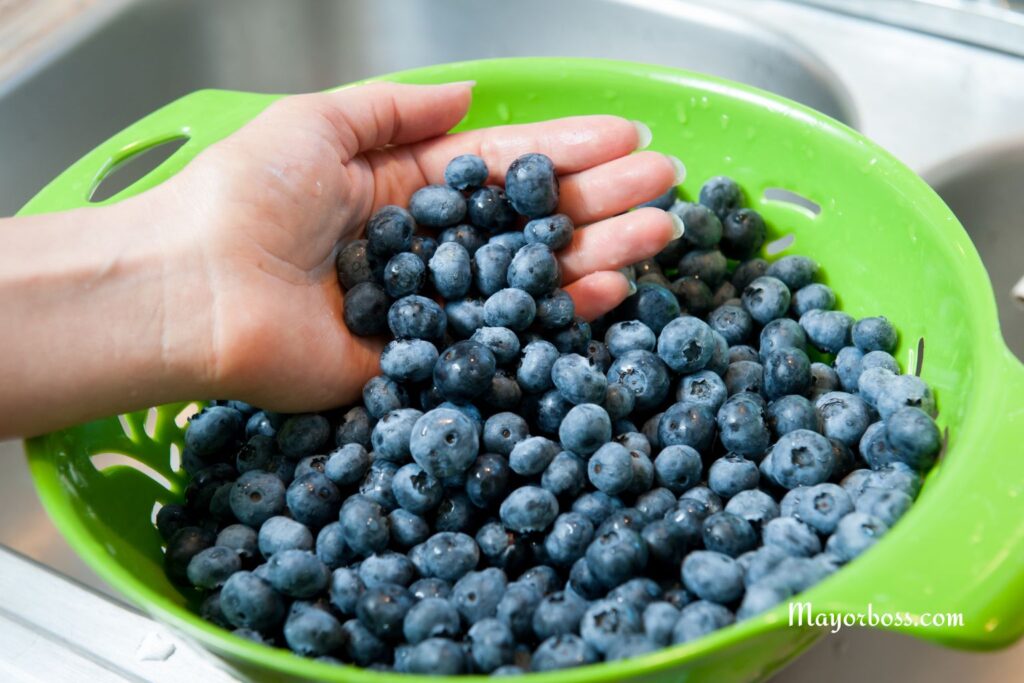
Washing blueberries is simple, but it’s important to do it correctly. Here’s how:
Step 1: Wait Until You’re Ready to Eat Them
Don’t wash blueberries until you’re about to eat, bake, or cook with them. This helps prevent soggy berries and mold growth.
Step 2: Place in a Colander
Put the blueberries in a colander or a strainer. This lets water flow over and around the berries, making sure all sides are rinsed.
Step 3: Rinse Under Cool Running Water
Gently rinse the berries under cool, running water. Use your hands to move the berries around so all surfaces get cleaned. Do not use soap or bleach; these can leave harmful residues and are not safe to eat.
Step 4: Remove Damaged or Moldy Berries
As you rinse, look for berries that are squished or moldy. Remove these to keep the rest fresh and safe to eat.
Step 5: Dry the Berries
After rinsing, gently spread the blueberries out on a clean kitchen towel or paper towel. Pat them dry. Let them air-dry for a few minutes. Dry berries last longer and taste better.
Should You Use Vinegar or Baking Soda?
Some people use a vinegar solution to wash fruit, believing it kills more germs. You can make a solution with one part white vinegar to three parts water. Soak the blueberries for 5 minutes, then rinse thoroughly under running water to remove the vinegar taste. While this may help remove some bacteria and pesticides, a simple rinse under water is usually enough for most home use.
Baking soda can also help remove pesticides. To try this, add a teaspoon of baking soda to a large bowl of water. Swish the berries around for a minute or two, then rinse with clean water.
Can You Eat Blueberries Without Washing Them?
It’s not recommended. Eating unwashed berries increases your risk of eating dirt, germs, or chemicals. Even if you grow your own, washing helps remove dust and tiny bugs. For safety, always wash your berries first.2
Tips for Keeping Blueberries Fresh
- Store blueberries unwashed in the fridge until you need them.
- Use a shallow container lined with a paper towel to absorb excess moisture.
- Eat or use the berries within a week for the best flavor and nutrition.
- Freeze extra blueberries by spreading them out on a baking sheet, freezing until solid, then transferring to a freezer bag. Rinse frozen berries only right before using.
FAQs
1. Can I wash blueberries ahead of time to save time later?
No, it’s best to wash blueberries only right before you eat them. Washing too soon makes them spoil faster.
2. Do organic blueberries need to be washed?
Yes. Organic blueberries can still have dirt, bacteria, and natural residues on their surface.
3. Is it safe to eat blueberries straight from the package?
No. Always rinse blueberries before eating, even if the package says “pre-washed.”
4. What is the white coating on blueberries?
The white coating is a natural wax called “bloom.” It helps protect the berries and keep them fresh.
5. Can I use soap to wash blueberries?
No. Soap is not safe for consumption and can leave harmful residues. Stick to water, or use a vinegar or baking soda solution if desired.

